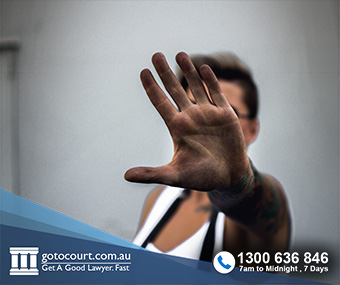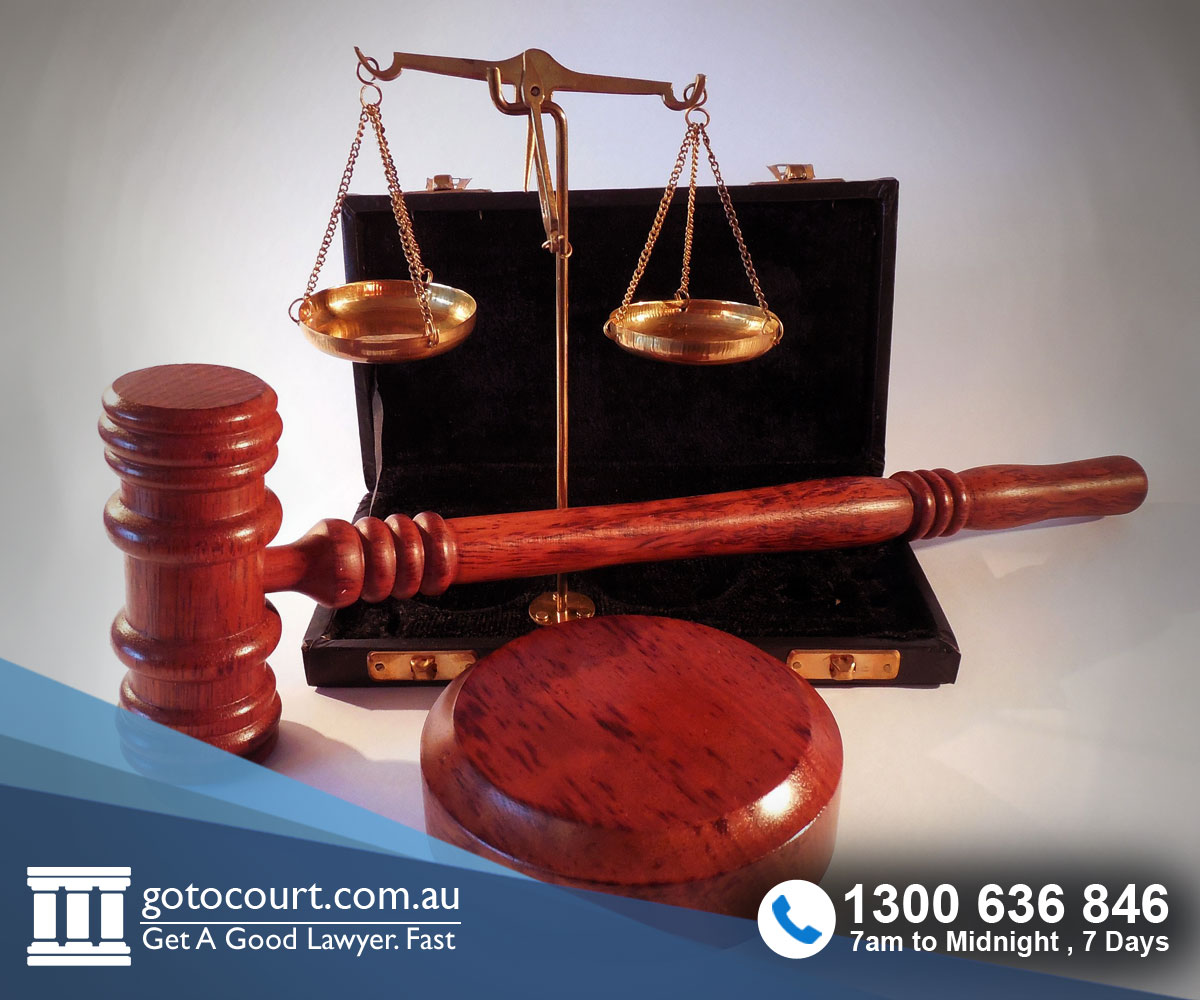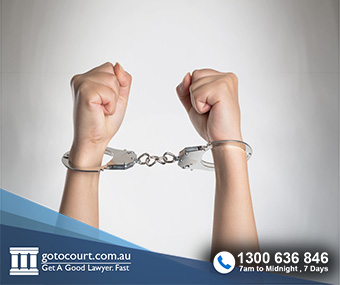Honest and Reasonable Mistake of Fact
In Australia, there are three types of criminal offences and these are mens rea offences, absolute liability offences and strict liability offences. The defence of honest and reasonable mistake of fact is a legal defence to any strict liability offence. In order to examine the defence of honest and reasonable mistake, we must first look at the different types of criminal offences that exist and what must be proven in each of them.
Mens rea offences
Mens rea offences are offences which, to be proven, must demonstrate an accused both committed the physical act (actus reus) as well as had a guilty mind – that is, the intention to commit the offence (mens rea). Most offences fall into this category for example, theft. To prove the offence of theft, the prosecution must show that an accused ‘dishonestly appropriated property belonging to another with the intention of permanently depriving the other of it’: Crimes Act 1958 , Section 72. The offence clearly requires a deliberate mindset to commit the offence. An accused cannot unknowingly steal.
Offences which are not mens rea offences are either absolute or strict liability offences. Neither of these offences requires a guilty mind or intention to commit the offence. It is important to note however that these offences might not be labelled clearly as such and a court may need to have regard to factors such as the words of the statute, the severity of the penalty, the utility in making an offence strict or absolute liability, the harm to be prevented and moral culpability before an offence is deemed to be a type of offence other than a mens rea offence.
Absolute liability offences
An offence categorised as an absolute liability offence requires only that the physical act (actus reus) occurs. There is no requirement to prove an intention on behalf of the accused to commit the offence. That is, they do not have to have a guilty mind.
There is no defence to an absolute liability offence. The state of mind of the accused and the circumstances surrounding the offence are irrelevant and a person will be convicted no matter the context.
Examples of absolute liability offences include environmental crimes and certain importations offences under the Customs Act 1901.
Strict liability offences
Strict liability offences also require only that the physical act (actus reus) occurred. There is no need to prove an intention to commit the offence.
The difference lies in the availability of a single defence. This defence is honest and reasonable mistake of fact.
An example of a strict liability offence is speeding. If a person was caught speeding but could show that the speedometre in the car was faulty and they honestly and reasonably believed they were travelling below the speed limit, this would be a valid defence.
The defence of honest and reasonable mistake of fact
An honest and reasonable mistake of fact will prevent an offender being convicted of a strict liability offence. This is where the accused believed certain facts existed at the time of the offence, which if true, would mean they were not committing an offence.
The defence of honest and reasonable mistake of fact is traditionally a defence of common law. This means that it arose through use in the courts and was not, at least initially, a defence written in legislation. This does not lessen its application and it can be used in relation to any strict liability offence. However, the defence is now codified (written in legislation) in many jurisdictions.
What must be shown?
To successfully raise the defence of honest and reasonable mistake of fact, the accused must demonstrate all of the following:
- The mistake was an honest one. An individual must have made a bona fide and genuine mistake for this defence to apply.
- The belief that formed the basis of the mistake must have been reasonable in the circumstances. The defence will not be raised on a subjective view of the circumstances. That is to say, the circumstances must objectively give rise to mistaken belief and the average, reasonable person would have formed the same mistaken belief. Individual idiosyncrasies will not be taken into account.
- The mistake is of fact and not law. Ignorance of the law is no defence to breaking the law. An accused person attempting to raise this defence must show that they were not misguided or mistaken as to the presence of the law or what the law was but rather, that the circumstances they believed to be the case were within the law.
Who must prove what?
The prosecution has the onus of proving that an offence, whether strict or absolute liability or otherwise, occurred. This is called the burden of proof. Remember that the prosecution need only show the offence occurred, not that the offender had the intention to commit the offence. The prosecution must prove this beyond a reasonable doubt. This is called the standard of proof. You are not guilty until the standard and burden of proof are met.
Where the prosecution fails to do so, the offender will be found not guilty.
Where the prosecution succeeds in initially proving the offence occurred, the offender may then raise the defence of honest and reasonable mistake of fact. Once done, the onus again lies on the prosecution to provide beyond reasonable doubt that no such belief was held by the defendant.
Example – Honest and reasonable mistake of fact
A situation can arise where a person suspended from driving, who is unaware that they have been suspended from driving, is caught driving while suspended. Here, a strict liability offence has occurred as they have done the act of driving the car whilst they are suspended.
The defence of honest and reasonable mistake will apply where the person can demonstrate that they had a reasonable and genuine belief that their licence was valid. For instance, in a situation where a person who has notified VicRoads that they have changed their residential address but VicRoads fails to send notification of their licence suspension to their new address, a reasonable person would not be expected to be aware they had lost their license. In the accused’s mind, they are still licensed, even if this belief is factually inaccurate.
If you require legal advice please contact Go To Court Lawyers.








